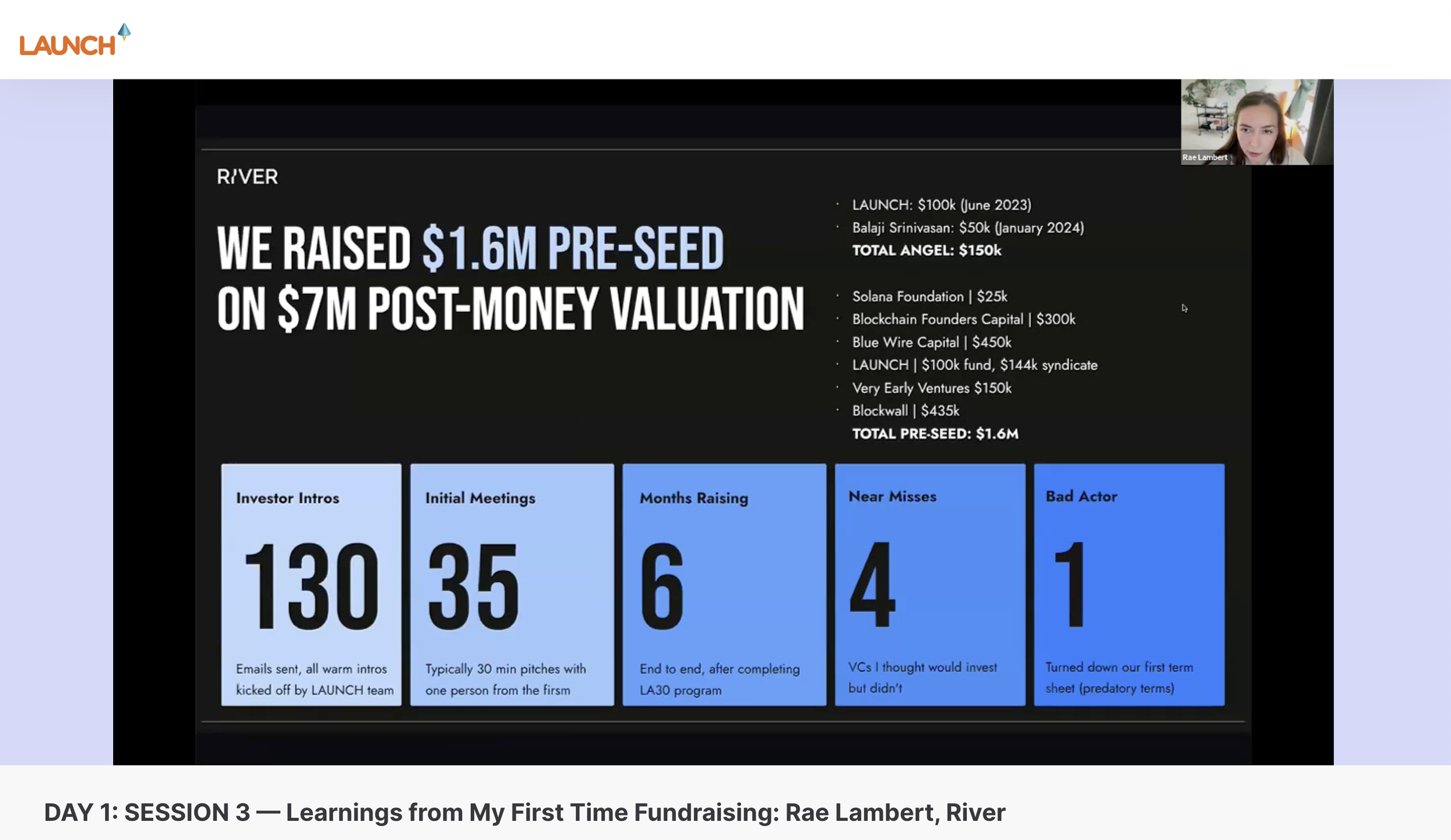Don't get a bigger apartment, outsource instead
When you tell yourself you need a bigger apartment, what you should be asking instead is: what does a bigger apartment get me? How much would it cost to get those things only when I need them?
Saving money "per use" does not equal saving money
Saving money in order to manage risk is an important part of being financially responsible. But there is a common mistake where people trick themselves into thinking they are saving money when in reality they are increasing their financial risk. Many people make the mistake of choosing fixed costs over variable costs because they believe the fallacy that since it saves money on a per use basis, it saves money.
Fixed costs are unavoidable things you spend money on even if you don’t use them—think rent, internet, and phone plans. Variable costs are controllable to a certain extent and include things you spend money on that change based on usage—like groceries, utilities, and gas for your car
This mistake is rooted in faulty logic like “if I had to rent a car every time I used mine it would cost me a fortune” or “I need room for guests because hotels are too expensive”. These justifications rely on everything going right and leave very little wiggle room if something goes wrong. If you find yourself laid off, downsizing your apartment or selling your car likely won’t provide the cash you need in time. Fixed costs also tend to increase variable costs. For instance, if you have a car you’re more likely to use it, spending more money on gas and maintenance.
Minimizing risk by decreasing fixed costs
By rethinking the per-use calculation and moving some expenses from fixed to a variable model will save you money in the long run. Having sleepovers, entertaining, and a home office are great perks of a bigger space, but occasionally outsourcing these desires is often cheaper than paying for that extra bedroom every single month. By minimizing your monthly rent expense you can still enjoy the lifestyle of a larger space, but with more choices about how and when to spend your money.
Ways to outsource the jobs of a bigger space
SLEEPING GUESTS: RENTING A PRIVATE ROOM ON AIRBNB
Putting guests up in a nice hotel nearby is definitely expensive if you live in the city. Instead of having a dedicated guest room, I like to rent a private room on Airbnb nearby and give my apartment to my guests. It costs about $90/night (in Manhattan) and I usually stay at the same Airbnb. My guests are more comfortable staying in my small (but really nice) apartment than they would be at a cheap hotel. I can easily come and go to hang out, prepare meals, and play tour guide. Win-win!
ENTERTAINING: HOSTING AT A NEARBY BAR
For celebrations that are too big for our space, we host a party at a nearby bar. For example, when my husband finished a grueling 3-month data science program, got a new job, and had a birthday I decided to throw him a party. To celebrate, I rented pool tables at an upscale billiard hall and covered the cost of drinks, appetizers, and cake for 12 people—totaling $800 with tax and tip. A few people commented on how generous it was but I didn't see it that way at all.
If I had had a place big enough to have that many people over (ie a one bedroom instead of a studio), I'd be spending at least $800 more every single month, which is $9,600 per year. We don't have many graduations/new jobs/birthdays happening all at once so this special case isn't something I need a big apartment for every month. Add in the cost of food and beverages, and I would have likely spent another $300. Not to mention, because I didn't have to clean the house, cook, and manage the party I had plenty of time to look fabulous and really enjoy myself. All in all, it was $800 extremely well spent.
REMOTE WORK: JOINING A CO-WORKING SPACE
I work remotely as an independent contractor so I definitely need space to work. I can tell you that even if I had a whole palace to myself, I'd still get cabin fever and need to go somewhere that had other humans. Currently, we have a one-bedroom apartment in Manhattan and my desk is in the bedroom. When I need to shake things up a bit, I head to a coffee shop, the local library, or use hours from my Croissant account—a drop-in hourly co-working app with access to tons of spaces. If I still lived in a studio, I'd rent a desk from WeWork and go there daily.
The jobs your space can do
In order to decide what size space is right for you, compare the size of your space, the cost of rent, and how much it would cost you to outsource the jobs of a bigger space.
STUDIO $1,895*
Sleeping guests: none
Entertaining: limited
Work space: none
ONE BEDROOM $2,895*
Sleeping guests: 1-2 short-term sleeping guests
Entertaining: 2-6 guests
Work space: small desk in the bedroom
TWO BEDROOM $3,775*
Sleeping guests: 1-2 long-term sleeping guests
Entertaining: Up to 12 guests
Work space: desk in the guest room
*These are San Francisco / New York City rental prices.
How much it costs to outsource the jobs of a bigger home
In the table below I've outlined three jobs of a big home and how much the additional variable costs would be to have those benefits while living in a small space.
So, for the same amount of money or less, you could have sleepovers, work remotely, and entertain guests as if you had a one-bedroom apartment. Even if outsourcing costs the same or a bit more, having those expenses as variable costs instead of fixed costs means you choose when you spend that money. By opting for the smaller space, and therefore the smaller fixed cost, you’ll save you money in the long run.
Free worksheet
Compare rent & outsourcing costs near you
Costs vary from place to place so I've created this spreadsheet for you to calculate and compare your fixed vs. variable costs between a studio, one-bedroom, and two-bedroom apartment.
More like thisShare
Did you enjoy this post? Let me know in the comments and share on social!





